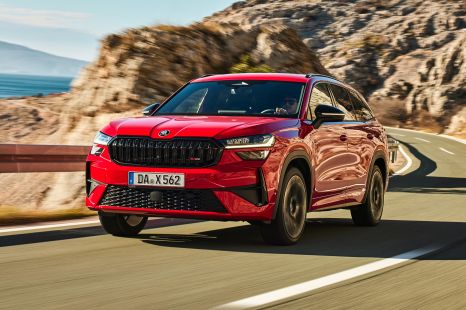

James Wong
2026 Skoda Kodiaq RS: Seven-seat performance SUV priced for Australia
3 Hours Ago
Indian auto giant Tata is spending big money on what could be one of the largest electric vehicle battery factories in the UK.

Contributor
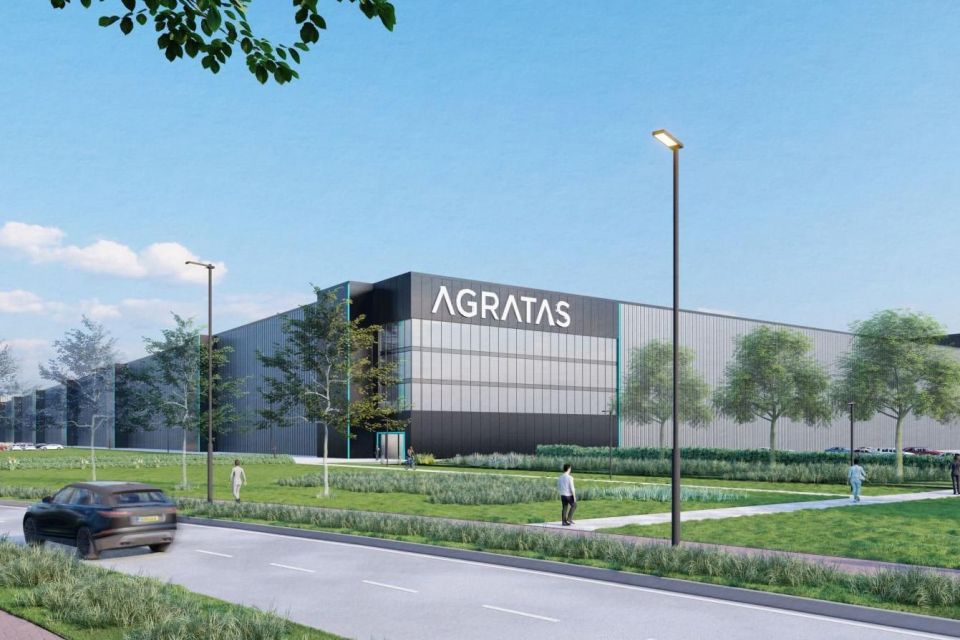

Contributor
The parent company of Jaguar Land Rover (JLR) plans to spend £4 billion ($7.76 billion) on a new battery factory in Britain’s southwest, in a bid to support its growing electric vehicle (EV) lineup.
As reported by BBC News, Tata – the Indian carmaker which purchased Jaguar and Land Rover from Ford in the late 2000s – this week confirmed plans to build the battery factory in Bridgwater, Somerset approximately two and a half hours away from JLR headquarters in Gaydon.
The factory is planned to become operational in 2026, and will be both built and run by the Tata Group’s battery division Agratas.
Tata claims the factory will cover 550,000 to 650,000 square metres, becoming one of the largest operational buildings in the UK, while providing approximately 4000 direct jobs.
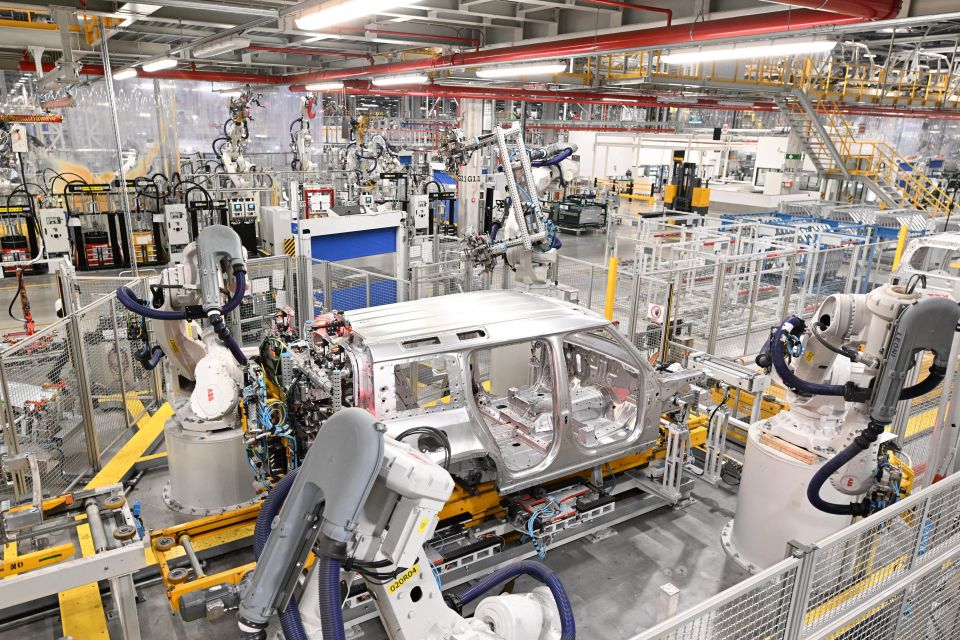
While JLR will be the main benefactor of the new factory, its planned 40GWh annual output could supply as many as 500,000 vehicles with batteries. In recent years, new vehicle exports from the UK have fallen from more than 1 million to less than 700,000.
JLR previously planned to launch new Land Rover EVs between 2021 and 2026, but it has recently downsized this number to four – as well as a handful of Jaguars – amid slowing demand globally for battery-powered vehicles.
Last month, JLR CEO Adrian Mardell said the brand was turning its attention to offering more plug-in hybrids (PHEVs), which still offer electric-only driving but with the option of driving on petrol power as well.
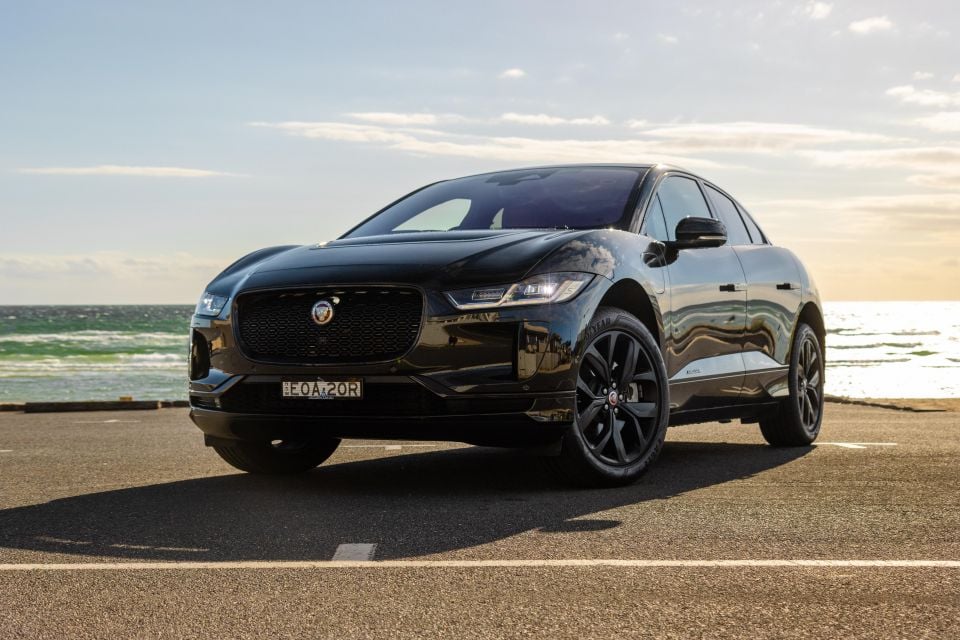
In 2023, JLR’s PHEV sales increase on the year prior was the largest of any European carmaker, recording a 68 per cent rise with more than 45,000 vehicles sold.
The first JLR EVs to be produced on its new Electrified Modular Architecture (EMA) will be the Range Rover Evoque and Velar and Land Rover Discovery Sport, with production due to begin towards the end of 2024.
Australia has so far only received one JLR EV in the Jaguar I-Pace, the brand’s first generation battery-powered SUV which launched locally in 2018.
Born and raised in Canberra, Jordan has worked as a full-time automotive journalist since 2021, being one of the most-published automotive news writers in Australia before joining CarExpert in 2024.


James Wong
3 Hours Ago
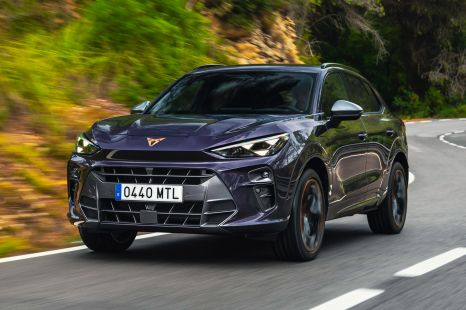

James Wong
3 Hours Ago
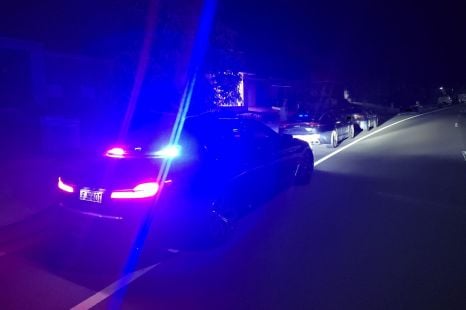

CarExpert.com.au
4 Hours Ago
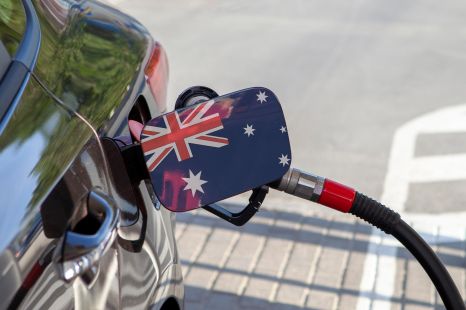

Damion Smy
5 Hours Ago
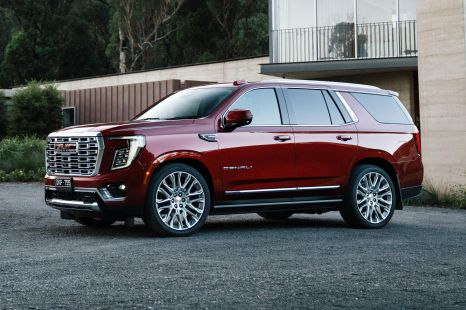

Alborz Fallah
5 Hours Ago
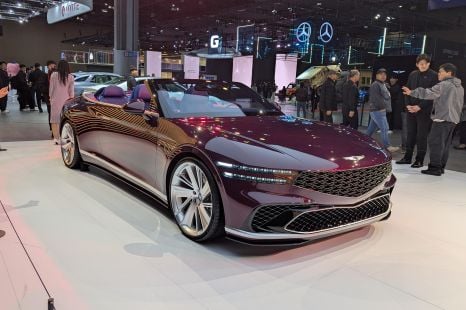

William Stopford
6 Hours Ago